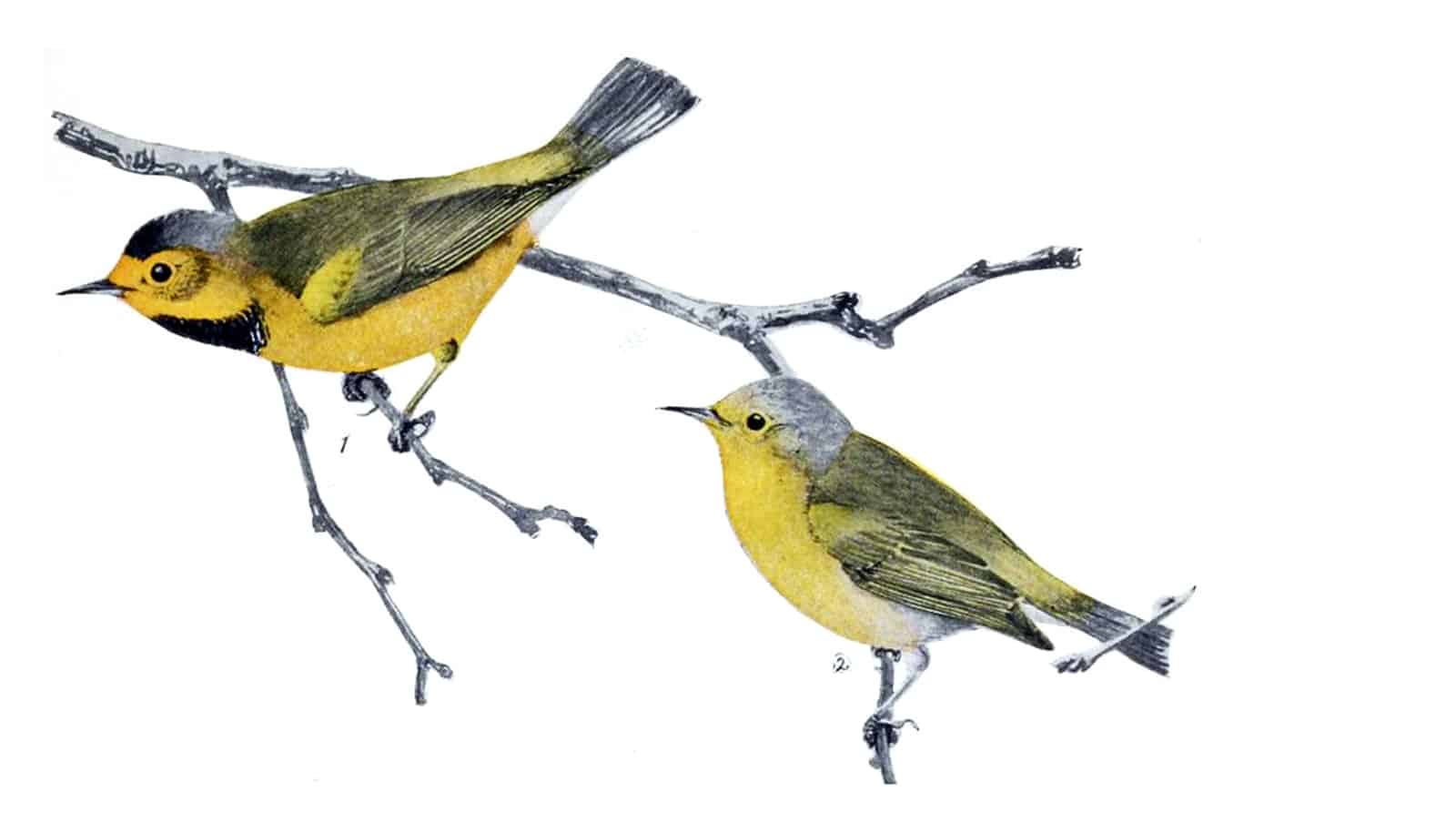The metrics that mark career success for researchers are biased against already marginalized groups in science, say 24 researchers.
The criteria that measure progress—or lack thereof—include how often a researcher’s studies are cited by other scientists, and the number of papers they publish in prestigious, high-impact scientific journals (which often comes with an expensive price tag paid by a paper’s authors). These metrics ensure that sexism and racism continue to plague the field, according to the authors of a new piece on the topic in the journal PLOS Biology.
Sarah Davies, the piece’s co-lead author and an assistant professor of biology at Boston University, says the time crunch and workload created by the coronavirus pandemic was a tipping point for many marginalized researchers.
“I’ve never been busier, so it was an interesting choice to take on a ‘perspectives’ piece outside my field of [marine biology] research,” she says. “But the coronavirus pandemic created the perfect storm of being ‘over it.'” For Davies, that meant the daunting task of navigating a changing work and research environment while juggling childcare amid the pandemic.
Here, Davies talks about the recommendations she and her 23 collaborators—including Boston University scientists Wally Fulweiler, Colleen Bove, and Hanny Rivera—put forth in their paper, how academic and industry leaders can effect change, and why mentorship and community well-being should be at the heart of career growth metrics in science:
Citations and impact factors have long been pegged as outdated and patriarchal metrics. What about the last year prompted you and your coauthors to write this piece—why now?
I’m over surviving in a system that is so clearly not made for me, or even more so, for some of my colleagues. In science, we’re always talking about increasing diversity, but the coronavirus pandemic really exposed everything. Our paper isn’t just about academia; it’s about science as a larger construct. During the pandemic, there were so many issues happening across the board—women dropping out of the workforce, people of color dying at higher rates, and then, amidst that backdrop, a piece published in Nature Communications (now retracted) saying that the way for women to advance in science is for them to be mentored by powerful men. Exasperated—that is a good word to describe how many of us felt.
What actions need to happen to make science less biased and more equitable?
In science, we need to start thinking about mentorship not just as coauthorship on papers, but also as putting real value behind mentorship. Why shouldn’t mentorship be a metric of merit-based raises and promotions?
Can you talk more about mentorship and why you suggest it’s so critical for equitable career growth?
Behind the scenes, as we were writing this piece, we were having really tough conversations among the coauthors. We were thinking about toxic mentors that some of us have had, and the idea that a toxic mentor for one person might be a fine mentor for someone else. How do we deal with the complexity of mentorship? Luckily, there are entire fields of research that quantify mentorship in meaningful ways.
Thinking about this on the mental health spectrum, for example, good mentors will ask their students how they are doing. At universities, anonymous surveys could be used to gather information on which faculty are effective mentors—and to ensure accuracy and lack of retribution, we think some of those surveys should be collected after mentees have graduated. We talked about ways to support community and promote well-being… we went back and forth on whether workplaces should have mandatory trainings. Ultimately, we think it would depend on the state of the culture your community is in.
I see this paper as a call to change—how do we stop “playing the game” when our livelihoods depend on it? We talked about the impact factor [or the number of citations] for this paper itself, because half of us coauthors are early-career researchers and we have to think about the impact factor if we want to advance in this system. We’re critiquing impact factors and citations, but then we’re hoping to score on both of those fronts with this very paper. This just highlights that [science] needs to change.
How do you see your proposed changes being turned into real-world policies?
We need people in positions of power and privilege to be the people that decide it’s time to shift the value system in science. Universities need mentorship assessments linked to annual merit-based increases. For funding agencies, grant proposals should include mentorship plans [beyond those for people in postdoctoral positions]. When the National Science Foundation is reviewing grant proposals, for example, there’s no information about whether that researcher has a good track record of mentorship or how likely good future mentors will graduate from their labs. Scientific societies could do prestigious mentorship awards that incentivize researchers to invest in those skills.
We talked a lot about the punishment avenue, [penalizing people who aren’t good mentors] and how that wouldn’t work. Instead, we need to focus on showcasing the mentors who are doing a good job.
The Boston Globe editorial board recently wrote a piece recommending that universities do away with indefinite tenure as a measure to improve diversity, equity, and inclusion among faculty members. What are your thoughts on that?
Tenure serves a role—it means you’re established enough that you can serve as a chair or director of a program, for example. As a junior professor, I wouldn’t yet feel comfortable being chair of a department or other senior roles that assume deep knowledge of the university. Tenure is also important because it protects intellectual freedom. But I have always thought it’s kind of nuts that besides merit-based raises, there’s nothing holding tenured faculty accountable for moving with the times and evolving as science and society evolves.
If your lab is taking up space at the university, there should be some review process to show that your lab is still producing new, exciting science and that you’re being a good mentor. Are you still providing service to your university? Are your teaching evaluations still strong? Tenure shouldn’t be forever. It’s one of the things that has perpetuated this huge problem—[lack of diversity and equity among researchers]—that we can’t seem to move forward on.
What are the biggest takeaways you hope readers will absorb from your piece?
I hope we rethink academic impact on hiring committees, whether it’s recruiting for graduate students, postdocs, or professors. Right now, hiring committees do the bean-counting exercise: how many papers has this person published per year?
When I was sitting in on the [BU biology department] graduation ceremony, I was blown away by the diversity of BU’s student body. As faculty, we aren’t representative of our students. There’s so much research showing that a diverse body of students do better when they have diverse mentors. Students should be able to find mentors on campus that can help them through difficult circumstances. Among our paper’s coauthors, women of color said that they’d had to find mentorship in unique ways because they did not see themselves represented in the faculty members at their institutions.
The most important part of this piece, to me, is that even though I’m a co-lead author, this paper evolved in such a creative way and there are definitely parts of it that aren’t written in my voice, nor does it feel like it should be my voice. This piece represents intellectual contributions from so many people from so many backgrounds, and it took a lot of challenging conversations about sexism and racism, and how they intersect [for us all] to be able to come to a consensus about what we think the system [of career advancement in science] should look like. I learned a lot through the process—the most important thing being the true value of diverse perspectives being in the room for these conversations. Big parts of this paper were written by people who have different lived experiences than me and their perspectives added great value to the piece. These are people who are still operating in a system that continues to try to push them out, and yet, here they are.
The strongest message we hope to send to the [scientific] community is that people in positions of power need to use that power for good. We’ve got the coronavirus pandemic, we’ve got climate change—these are huge problems that need to be addressed, and the answer isn’t to do more of the same research with the same people at the decision-making table. To do better science, we need to recruit people from diverse backgrounds and create supportive environments where people’s voices feel heard and valued.
Source: Boston University



